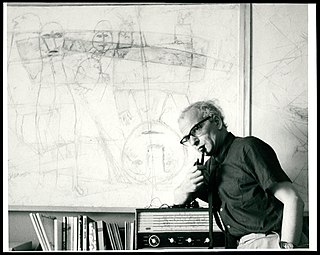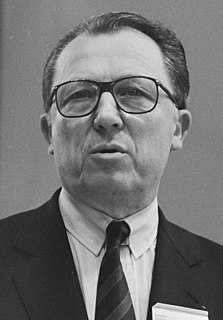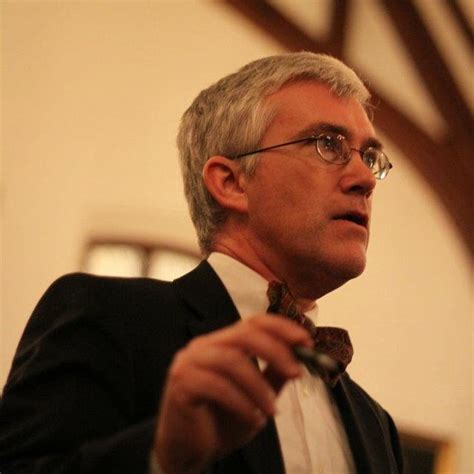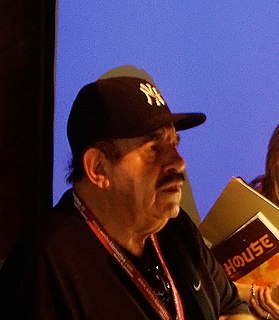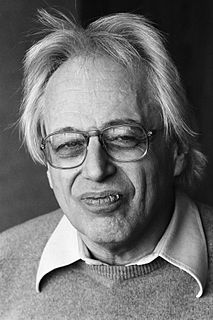A Quote by Lupe Fiasco
I can strip down basic principles of certain things and apply it to everything else. And that keeps you interested, changing the art form, making it more avant-garde. Because I can't play any instruments.
Related Quotes
The avant-garde has always existed throughout the history of mankind. The good things from the avant-garde last and eventually, after many years, become tradition and people forget they were ever part of the avant-garde. The kitchen is a living discipline, always evolving, and there will always be cutting edge things that over the years, ends up being part of tradition.
More than one branch of the avant-garde, claiming to break with the bourgeois vision and mode of production, remains tied to it in spite of its denials and ex-communications. We are far from having overcome bourgeois thought or practices, despite the socialist "intermission" between the Russian revolution and the collapse of the Berlin wall. The avant-garde has lost its radical nature. On the other hand, "bourgeois theatre" is sometimes subtle enough to flirt with the avant-garde or to make "intelligent boulevard theatre.
My work first engaged with the early russian avant-garde; the paintings of moholy-nagy, el lissitzky's 'prouns' and naum gabo's sculptures, but in particular with the work of kasimir malevitch - he was an early influence for me as a representative of the modern avant-garde intersection between art and design.
Avant garde" has become a ubiquitous label, eclectically applied to any type of art that is anti-traditional in form. At its simplest, the term is sometimes taken to describe what is new at any given time: the leading edge of artistic experiment, which is continually outdated by the next step forward.
If I do, I say so. That's the only way out of that. If there are three words that need to be used more in American journalism, commentary, politics, personal life... it's the magic words "I don't know." I mean, there are certain basic principles, like the dignity of the individual and the individual's responsibility, and certain basic economic principles, like how when something costs less, more of it will be consumed... There are certain things that I feel pretty confident about.






